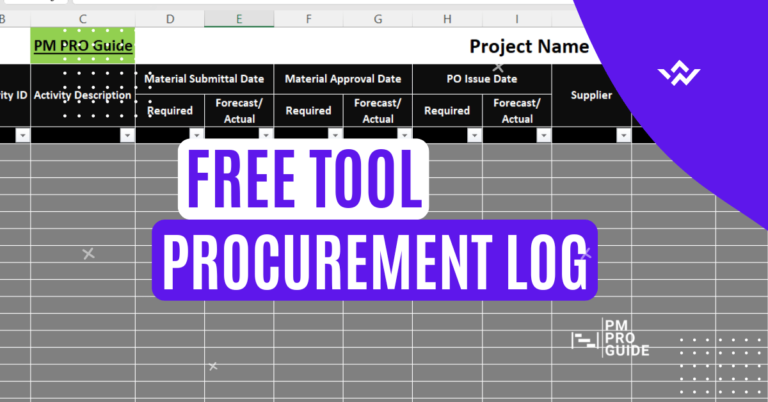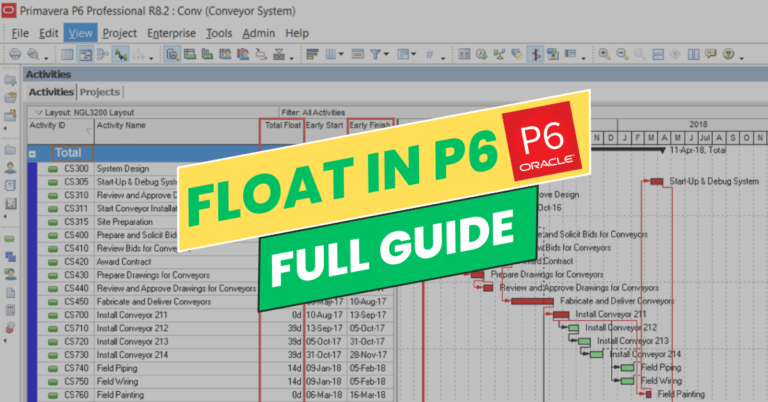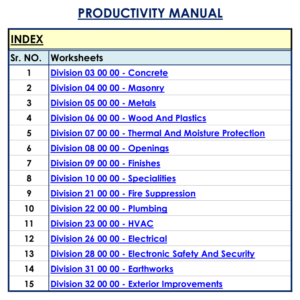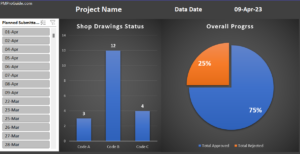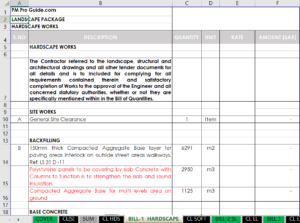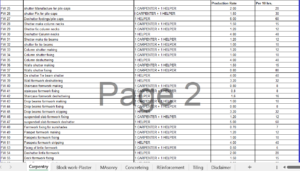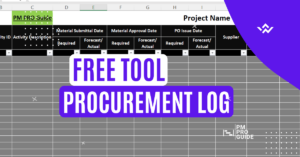Becoming a planning engineer can be a great career choice for those who are interested in project management, engineering, and problem-solving. A planning engineer is responsible for developing and managing project schedules, resource planning, and cost estimation. In this article, we will discuss how to become a planning engineer and the steps you need to take to get there.
Table of Contents
What is a Planning Engineer?
A planning engineer is a professional who specializes in project management and is responsible for creating, managing, and updating project schedules. This role requires expertise in cost estimation, risk management, and resource allocation. A planning engineer must work closely with other professionals, such as project managers, architects, and engineers, to ensure the project is completed on time, within budget, and to the client’s satisfaction.
Educational Requirements
To become a planning engineer, a bachelor’s or master’s degree in engineering, construction management, or a related field is required. The educational requirements may vary depending on the employer and the job responsibilities.
Bachelor’s Degree
A bachelor’s degree in engineering, construction management, or a related field is the minimum educational requirement for most planning engineer positions. Coursework in project management, construction methods, and engineering principles is essential to develop the necessary skills to become a planning engineer.
Master’s Degree
A master’s degree in engineering, construction management, or a related field can provide a competitive advantage for aspiring planning engineers. This advanced degree can provide a deeper understanding of project management principles, risk management, and resource allocation. It can also lead to higher salaries and greater job opportunities.
Gain Experience in the Field
After completing the required educational qualifications, gaining experience in the field is essential to becoming a successful planning engineer. Many planning engineer positions require a minimum of 3-5 years of experience in project management, engineering, or construction.
Learn Industry-Specific Software
To become a planning engineer, it is essential to be familiar with industry-specific software programs. The most popular software programs for planning engineers include Primavera P6, Microsoft Project, and Oracle. These software programs help planning engineers manage project schedules, resources, and costs.
Primavera P6
Primavera P6 is a project management software program that is widely used in the construction industry. It is essential for planning engineers to be proficient in Primavera P6 to manage project schedules and track progress.
Microsoft Project
Besides P6, Microsoft Project is another popular project management software program that is widely used in the industry. It is essential for planning engineers to be proficient in Microsoft Project to develop and manage project schedules.
Professional Certifications
Professional certifications can provide a competitive advantage for aspiring planning engineers. The most popular certifications for planning engineers include the Project Management Professional (PMP) certification and the Certified Planning and Scheduling Professional (CPSP) certification.
Networking and Joining Professional Organizations
In addition to what is mentioned above, Networking and joining professional organizations can provide valuable connections and opportunities for aspiring planning engineers. Joining professional organizations, such as the Project Management Institute (PMI) or the Association for the Advancement of Cost Engineering (AACE), can help you stay up to date with industry trends, attend conferences and seminars, and network with other professionals in the field. These organizations can also provide resources and support to help you achieve your career goals.
Conclusion
Becoming a planning engineer requires a combination of education, experience, and specialized skills. By following the steps outlined in this guide, you can gain the knowledge and experience necessary to succeed in this field. Pursuing a career as a planning engineer can be rewarding and fulfilling, offering opportunities to work on exciting projects and make a difference in the world of engineering and construction.
FAQs
1- What is the role of a planning engineer?
A planning engineer is responsible for creating, managing, and updating project schedules, as well as resource planning and cost estimation.
2- What degree is required to become a planning engineer?
A bachelor’s or master’s degree in engineering, construction management, or a related field is required.
3- What industry-specific software programs should a planning engineer be familiar with?
Planning engineers should be proficient in software programs such as Primavera P6, Microsoft Project, and Oracle.
4- Are professional certifications necessary for a planning engineer?
Professional certifications, such as the Project Management Professional (PMP) certification and the Certified Planning and Scheduling Professional (CPSP) certification, can provide a competitive advantage.
5- What are some professional organizations for planning engineers?
The Project Management Institute (PMI) and the Association for the Advancement of Cost Engineering (AACE) are two professional organizations for planning engineers.

